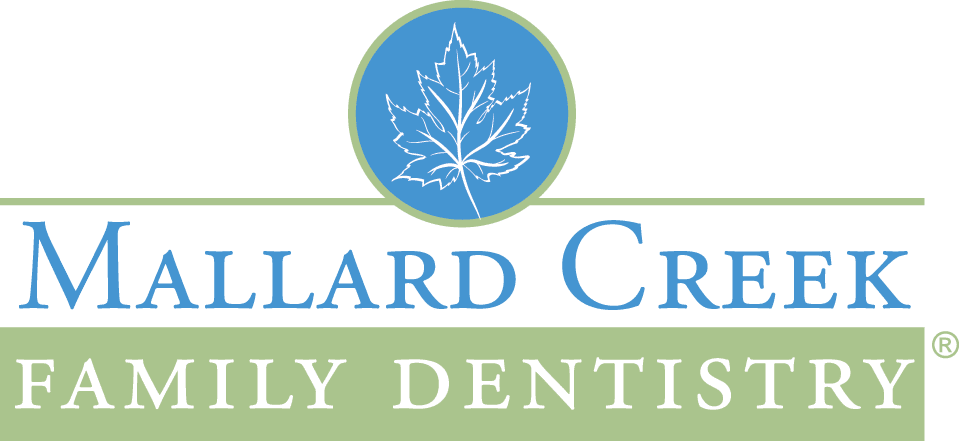At Mallard Creek Family Dentistry, Dr. Gustafson and Dr. Rankin understand how crucial it is to maintain healthy gums. Periodontal disease, also known as gum disease, is a common condition that affects the tissues surrounding and supporting your teeth. Left untreated, it can lead to serious problems, including tooth loss. Treating gum disease is an essential part of restorative dentistry. We offer specialized treatments to address periodontal disease, helping patients of all ages maintain healthy gums and strong teeth.
Gum health is just as important as tooth health, and our team is committed to providing you with the comprehensive dental care you need to prevent and treat gum disease. Dr. Gustafson and Dr. Rankin will work closely with you to diagnose the issue and provide an individualized treatment plan to restore your oral health.

What Is Periodontal Disease?
Periodontal disease is an infection of the gums caused by bacteria in plaque. Plaque is the sticky film that forms on your teeth after eating or drinking. If it’s not removed through regular brushing and flossing, the bacteria in plaque can cause irritation and inflammation of the gums.
This condition is called gingivitis, which is the early stage of gum disease. At this point, the gums may become red, swollen, and bleed easily, especially when brushing or flossing.
If gingivitis is not treated, it can progress to a more severe form of gum disease known as periodontitis. In this stage, the infection goes deeper, affecting the tissues and bones that support the teeth. This can lead to pockets forming between the teeth and gums, where more bacteria can collect and worsen the condition. Over time, periodontitis can cause the gums to recede, teeth to loosen, and even tooth loss.
Dr. Gustafson and Dr. Rankin emphasize the importance of catching gum disease early. With regular dental check-ups at Mallard Creek Family Dentistry, we can help prevent the progression of periodontal disease and protect your smile.
Symptoms of Periodontal Disease
Periodontal disease often starts silently, with few noticeable symptoms in the early stages. However, as the condition progresses, several signs can indicate that you may have gum disease. These include:
- Red, swollen, or tender gums
- Bleeding gums, especially when brushing or flossing
- Persistent bad breath or a bad taste in the mouth
- Receding gums (your teeth may appear longer)
- Loose or shifting teeth
- Pain when chewing
If you experience any of these symptoms, it’s important to schedule an appointment with Dr. Gustafson or Dr. Rankin at Mallard Creek Family Dentistry. Early detection is key to preventing more serious damage.
Treating Periodontal Disease
At Mallard Creek Family Dentistry, we offer several treatment options depending on the severity of the gum disease. Dr. Gustafson and Dr. Rankin will assess your condition and recommend the best course of action to restore your gum health.
In the early stages, gingivitis can often be reversed with improved oral hygiene and professional cleanings. Our team will help you develop a better brushing and flossing routine, and we may recommend more frequent cleanings to keep the gums healthy.
Periodontal disease is a common disease affecting 75 percent of all Americans. It affects the gums and supporting bones around the teeth. Left untreated, it results in eventual tooth loss. Because early gum disease is painless, patients are often unaware that there is a problem. For this reason, regular dental visits are essential for the early diagnosis and treatment of gum disease.
For more advanced stages of gum disease, Dr. Gustafson and Dr. Rankin may recommend a deep cleaning procedure known as scaling and root planing. Scaling removes the built-up plaque and tartar from above and below the gum line.
Root planing smooths the tooth roots, making it harder for bacteria to attach and allowing the gums to reattach to the teeth. This treatment helps eliminate the infection and reduce the size of the pockets between the teeth and gums.
In some cases, oral surgery may be necessary if the effects of gum disease are severe. Dr. Gustafson and Dr. Rankin will discuss all options with you, ensuring that you receive the most appropriate care for your condition.
